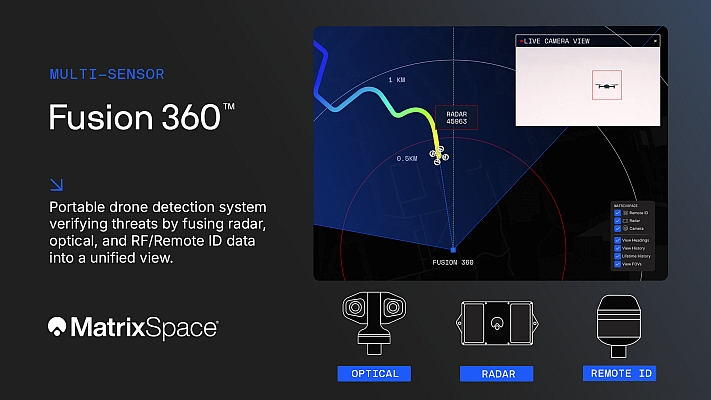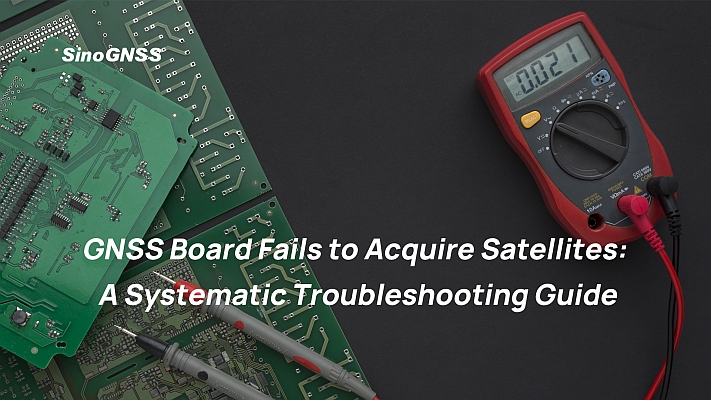The European Commission has proposed a €7 billion earmark to complement the two large European satellite programmes: Galileo and EGNOS.
If successful, the funding will help complete the EU satellite infrastructure, and exploit the systems to their fullest benefit by 2020. As this is an EU prerogative, the funds will be diverted into two agencies: the European GNSS Agency, responsible for the full utilisation of the navigation systems, and the European Space Agency, which will manage the programmes over the next decade. While EGNOS builds off of current Global Positioning System (GPS) trackers, Galileo itself is the first programme that will specialise in civilian navigation, making it comparable to the United States GPS or Russia’s Glonass.
The EU has stated that one of Galileo’s main aims is compatability with these two systems, while at the same time increasing a European presence in the global navigation market. “A lot has been achieved by both Galileo and EGNOS,” said Commission Vice President Antonio Tajani. “Looking to the bright future ahead the key message of financial stability for these flagship programmes is of paramount importance so that European industry and citizens can reap all their benefits.”
Citizens may reap the benefit, but benefit alone will not cover the fact that Galileo was a publicly funded project. As a result, funds were raised at a quicker pace, but at the cost of an increase in taxpayer Euros. The concern was also raised that the EU does not have the funds to promote such ambitious projects in a downtrodden economy, a concern the Commission will have to address if the €7bn proposal is to be put into legislation.
Regardless of whether the money will be allocated or not, both programmes are expected to be fully operational by 2014, with the first satellites having already been produced.







